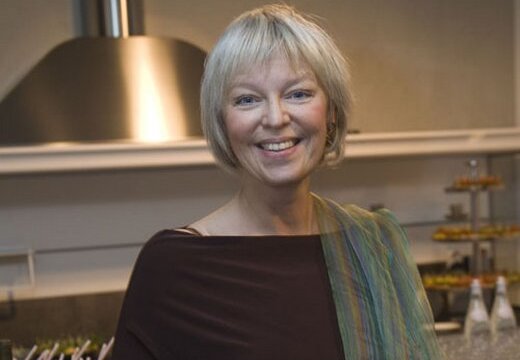At the 2013 Latvian Book Fair Elena Kostioukovitch will present the Latvian edition of her award-winning WHY ITALIANS LOVE TO TALK ABOUT FOOD released in Latvia as Kāpēc itāļiem patīk runāt par ēdienu by SIA "Jānis Roze" on March 2nd, 2013, at 13.00 in the Kipsala International Centre of Riga (Hall BT1).
Elena´s other public appearances include:
- on Thursday, February 28, at 18:15 - Faculty of Modern Languages of Latvian University (Visvalza 4 a) - Meeting with students of translation studies
- on Friday, March 1, at 12:30 - Faculty of Modern Languages of Latvian University (Visvalza 4 a) -Meeting with students of English Language and Literature and others
- on Friday, March 1, at 18:00 - Birojnīca Berga Bazārs - Meeting with readers
http://showtime.delfi.lv/news/culturepark/local/v-rigu-priedet-pisatelnica-elena-kostyukovich.d?id=43061036
В Ригу приедет писательница Елена Костюкович

Встреча с Костюкович пройдет 2 марта в 13.00 в Международном выставочном центре на Кипсале на стенде Латвийской гильдии книжников.
Родившая в Киеве писательница, постоянно живущая в Италии, широко известна русской читательской аудитории великолепными переводами произведений Умберто Эко. Ее книга "Почему итальянцам нравится говорить о еде" (на русском языке книга вышла под названием "Еда. Итальянское счастье" и переведена на итальянский, английский, польский и эстонский языки) приглашает читателя в увлекательное гастрономическое путешествие по Апеннинскому полуострову в обществе классиков итальянской литературы, великих художников и поваров. В конце 2012 года в переводе Даце Мейере книга издана на латышском языке издательством Jāņa Rozes apgāds.
Елена Костюкович преподает в Италии русскую литературу, редактирует переводы российских писателей на итальянский язык, читает лекции на широкий круг тем: русская и итальянская культура, теория и практика перевода, творчество Умберто Эко и др.
Среди ее друзей Умберто Эко, Борис Акунин, Людмила Улицкая и другие известные итальянские и русские литераторы. Е.Костюкович много путешествует, активно публикуется в российских журналах, выступает с лекциями, ведет мастер-классы перевода. В 2009 году она организовала визит Умберто Эко в Тартуский университет.

